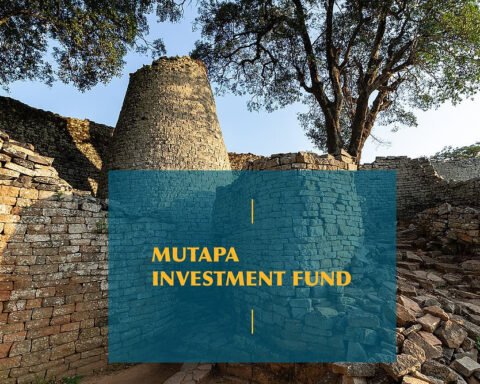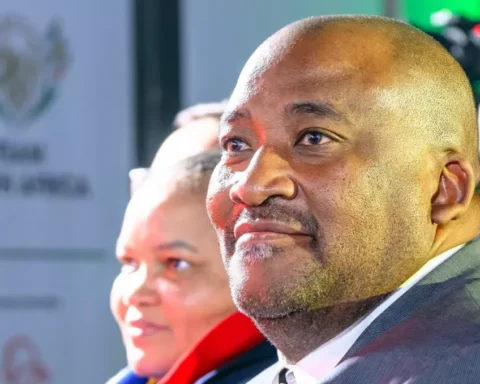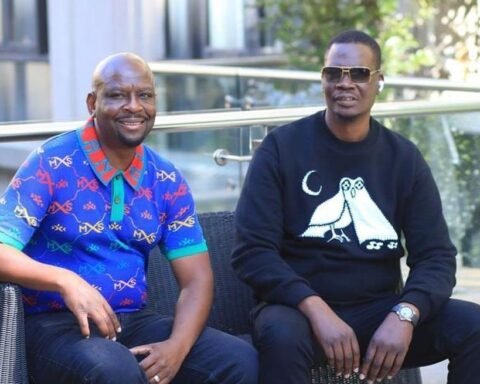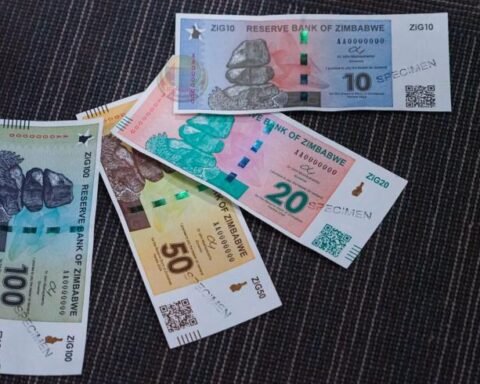n a recent update on Zimbabwe’s economic situation, Deputy Finance Minister Kudakwashe Mnangagwa, son of President Emmerson Mnangagwa, has sparked conversation by characterizing Zimbabwe’s enduring economic difficulties as a “revolution.” This comment adds a layer of complexity to the nation’s struggle, comparing it to the liberation war, and suggesting that the current economic challenges represent another critical phase in the country’s development.
Kudakwashe’s remarks come at a time when Zimbabwe faces significant economic headwinds. According to the World Bank, Zimbabwe’s economic growth is projected to slow down to 3.5% in 2024, a decrease from 4.5% in 2023, attributed largely to anticipated poor agricultural output due to erratic and below-average rainfall linked to the El Niño weather pattern. This slowdown in growth underscores the multifaceted challenges facing the nation, from climate-related impacts on agriculture to broader macroeconomic stability concerns.
Further complicating the economic landscape, Finance Minister Mthuli Ncube highlighted the anticipated impact of a drought caused by El Niño on crop yields for the 2023/24 farming season, alongside declining mineral commodities prices, as critical factors influencing the country’s economic performance. Despite these challenges, efforts are being made to stabilize the economy, with projections of reduced inflation and measures to enhance revenue collection, including increased toll fees and new taxes, while encouraging value addition in sectors like lithium mining, a critical area where Zimbabwe leads in Africa.
These developments reflect the ongoing struggles and the resilience needed to navigate the economic landscape in Zimbabwe. Kudakwashe Mnangagwa’s comparison of the current economic situation to a revolution emphasizes the need for adaptability and perseverance among the youth and broader population, drawing parallels with past struggles for independence and control over resources. As Zimbabwe grapples with these economic challenges, the emphasis remains on fostering stability, growth, and a more inclusive economy that can withstand external pressures and internal challenges








